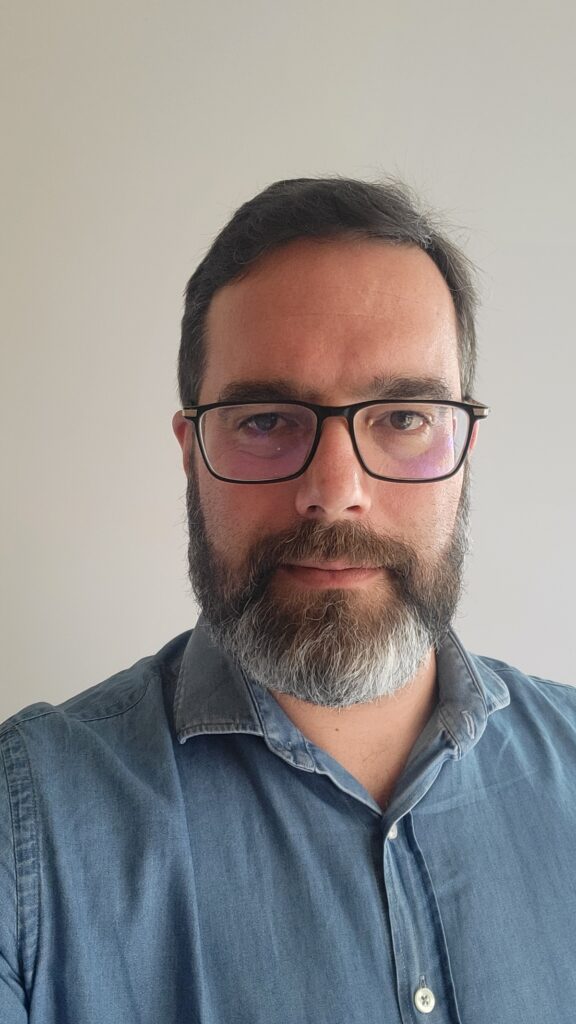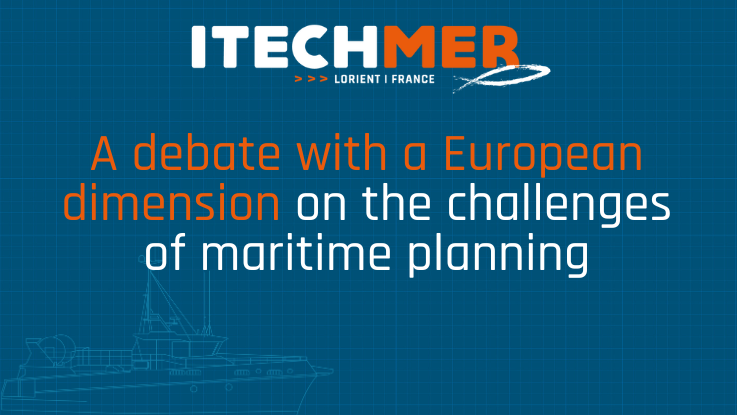ITECHMER intends to offer a programme that deals with major challenges facing the French and European fishing industries. Each edition includes a round table discussion with a European dimension. Following the theme of Brexit at the three previous editions, a round table entitled “Maritime planning: what access to resources tomorrow?” will bring together organisations from the European fishing industry on Friday 13th October, from 10:30am to 12:30pm. Interview with Ivan Lopez, President of EFBA, European Bottom Fishing Alliance

“Growing pressure exerted by new oceanic activities on the exploitation of the sea has led to zoning of the sea, in particular zones for the development of these activities, but also zones to be protected. For many, zoning has left fishing out of the process, with the idea that you can always fish anywhere. But some zones should not be closed to fishing, particularly those traditionally exploited. The future of our sector will largely be determined by the debate surrounding this zoning process, and by the question of whether the only activity that has always been at sea will have (or rather retain) the capacity to develop.
The greatest threat is being expelled from our historic fishing grounds with no guarantee of new opportunities, but also of not finding a politically accepted management method that will allow activity to continue. Increasingly, the industry feels it is being sacrificed for the peace of mind of the state of the oceans. We know this an error that will cost dearly in the future, with less healthy, less sustainable food and oceans whose health hasn’t really improved because the original diagnosis was wrong.
Solutions will come first and foremost from a change in our approach to fishing, from a more integrated perspective, looking at the agreed food needs of our societies and how we want to fulfil them. Likewise, we need to stop trying to find solutions to the issue of ocean health solely through fishing, and engage in a sincere debate on the following issues: what activities are necessary at sea, what new activities are really necessary and really beneficial to society, and what activities risk creating future problems rather than permanent solutions? And above all, how will the sector cope with the need to communicate about its activities and society’s expectations of them?”
